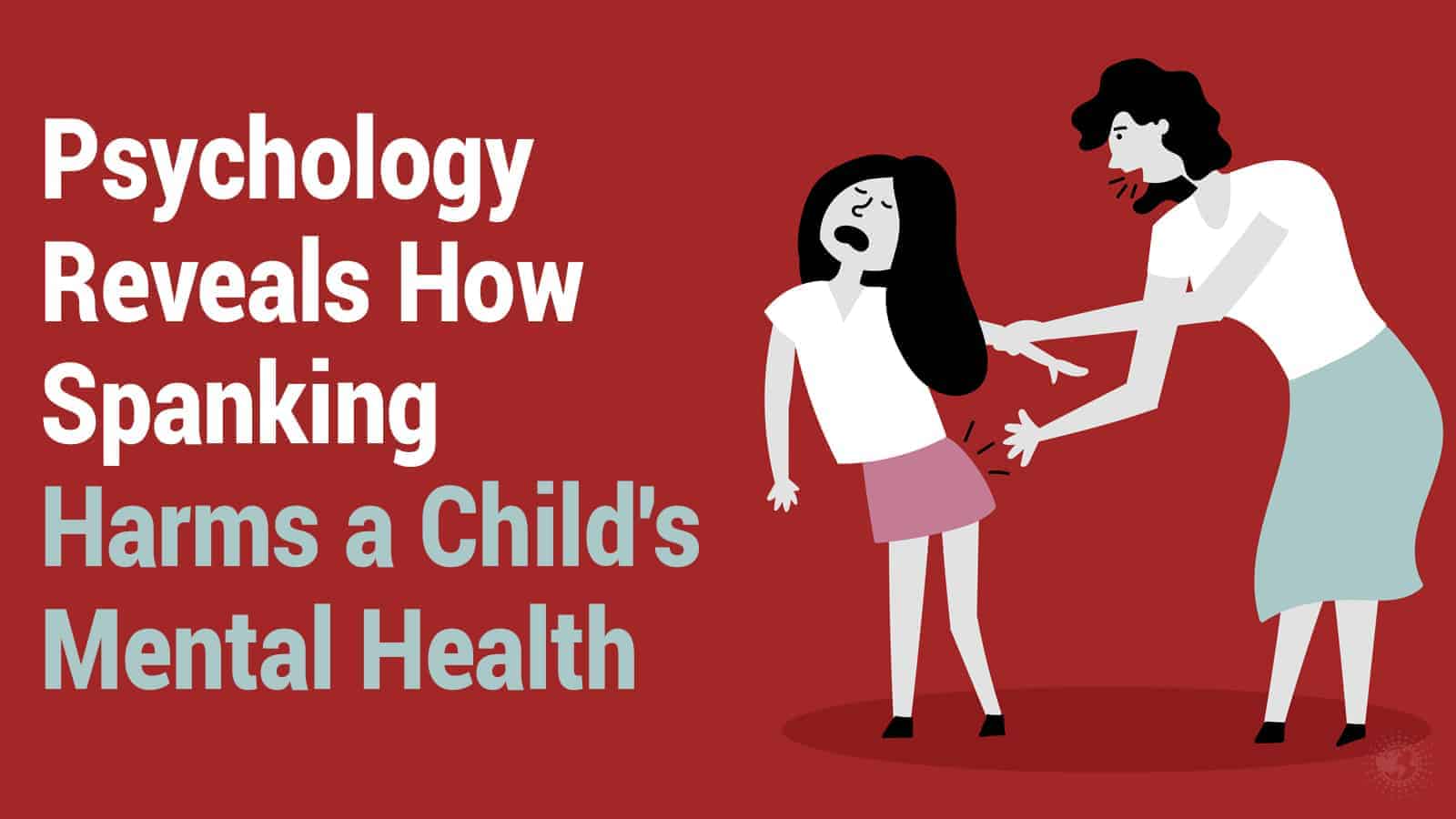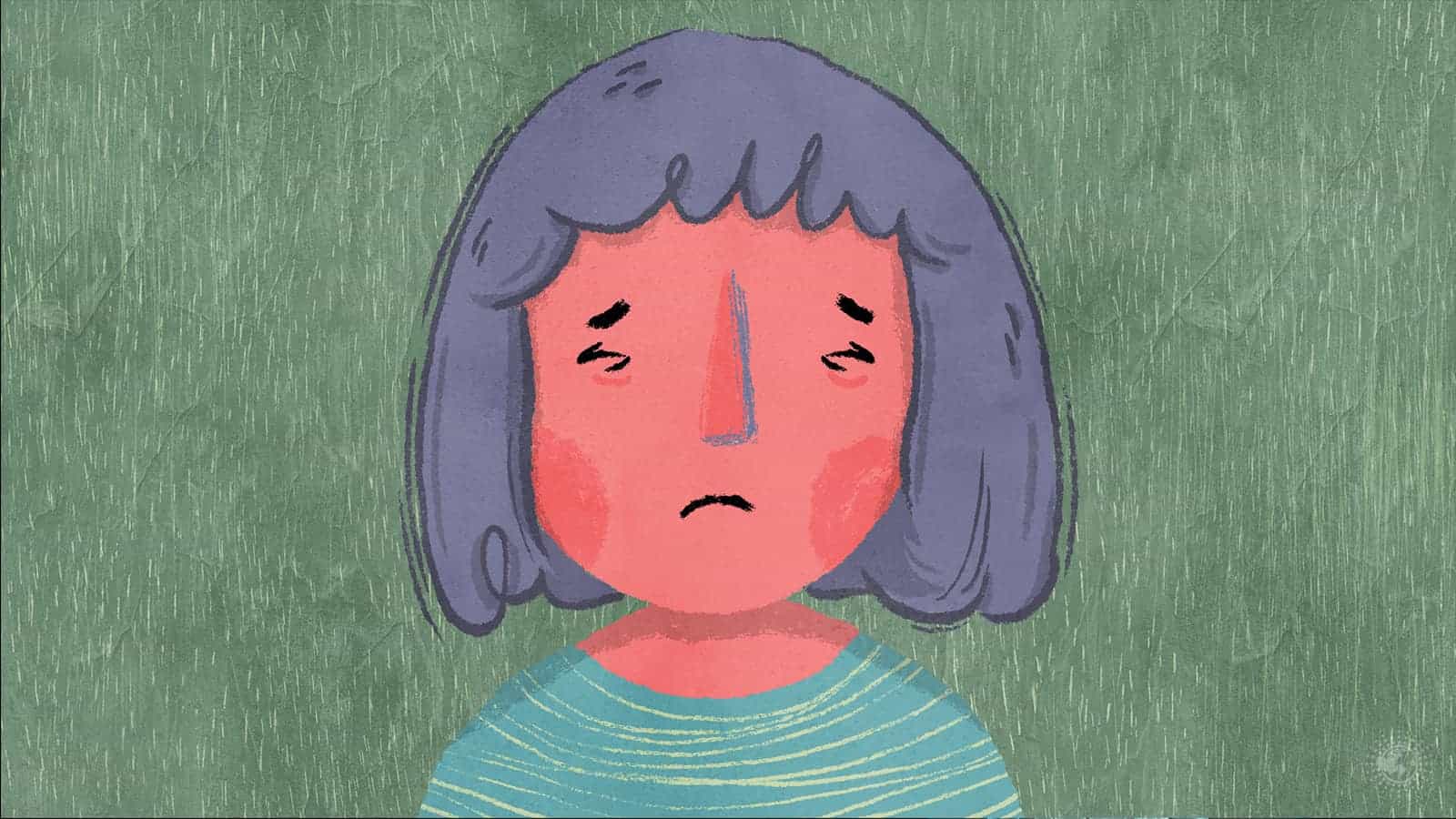Where do you stand on spanking a child? Did your parents spank you? Many other countries wouldn’t dare use hitting as a form of punishment.
Yet, America, one of the world’s freest nations, has many people who resort to acts of physical violence to discipline their children. Did you know that more than 70 percent of Americans believe that spanking their child is an acceptable form of punishment?
However, what they don’t realize is the amount of mental damage they’re doing. Sure, the sting from a belt or switch will quickly fade, but the marks left on a child who suffers from physical reprimand can last a lifetime.
Who Favors Physical Punishment?
While spanking is a form of corporal punishment, it’s a very mild form. Did you know that the American Academy of Pediatrics says that a child of any age should never be struck as a form of discipline?The Midwestern part of the country seems to be more favorable to this type of correction than other parts of America. Did you know that your education level can dictate whether or not you would spank? If you are highly educated, then you are less likely to use this form of punishment.
However, people who have a high school education or less seem to favor spanking as a form of reprimand. The problem with spanking comes down to the disciplinarian. See, many parents strike their children when they are angry, scared, stressed out, afraid, or fear their next move.
It’s often used as a last resort when no more options exist. Some experts call spanking an adult temper tantrum where nothing is ever resolved and only worsens the situation. Now, you may have the occasional time when your child ticks you off, and you swat them.
While it’s still wrong, it won’t cause any long-term damage. The problem comes into play when you repetitively turn to physical violence and spank your child. It’s a severe problem when you think that the only way you can handle your child is to hit them.
Hitting a kid doesn’t teach them anything at all. It shows them that if you don’t like the way someone is acting, you can hit them, and it settles the score.
Why Is It That Physical Discipline Never Works?
Striking a child should never be a dominant disciplinary method. Everyone makes mistakes, and many don’t know how to handle the situation. Use the past to make better decisions for the future. Here are ten reasons why you should never use corporal punishment on your children.
1. Violence is Never Okay
If you use physical correction on your child, you teach them that this is an acceptable way to deal with anger and conflicts. It also contradicts societal norms, making the child feel singled out and ashamed.
2.Inflicting Pain on a Child is Damaging
Making your child feel pain for the wrong choice in life is cruel. Some people believe that they are doing things for the child’s good, but the theory of “No pain, no gain” doesn’t apply here.
Child-rearing is about love, not hurting, so you need to find effective discipline methods that show you love them.
3. It Damages You Too
Not only is striking your child emotionally damaging to them, but it’s also damaging to you. Have you ever spanked your child and felt horrible afterward? You may doubt your parenting skills and feel doubt, remorse, or guilt over your actions. It makes parents feel like a bully and not a guide in life.
4. Children Can Suffer Esteem Problems
Hitting of any kind can be damaging to a child’s ego. When you spank them, they feel as if there is something wrong with them. They don’t question their behavior as they’re feeling the pain from their parent hitting them.
Did you know that this action can lead to self-image issues as well as body image problems?
5. You’re Putting Your Child in a Powerless Position
When you’re bending a child over a bed to spank them, you are making them feel powerless. When a person feels helpless and out of control, then they will act out even more. Studies show that spanking can cause children to act worse, not better.
6. It Shows Poor Coping Skills
Parents need to instill respect, values, and standards for their children. However, when you’re hitting your child, it’s hard to show them anything other than anger and poor coping skills.
7. It Crosses the Child’s Personal Boundaries
Things have certainly changed over the past few decades. This generation knows how to respect their body and to keep people out of their personal space. You teach them that no one should ever cross their boundaries.
Yet, when a parent spanks a child, it does just that. Striking a child will break their trust as well as invade any sense of security the child feels.
8. Hitting is Not Effective Communication
Every action causes a reaction. If your child is having an issue and acts out, they will not be eager to talk to you when you spank them. Instead, sitting down and getting to the crux of the problem will do more for them than hitting ever could.
9. It’s a Bad Path to Start Down
With traditional discipline, parents start with a time out, then grounding, and there is a progression of steps. The punishments become more difficult as the child’s behavior continues. However, when you spank a child, there’s nowhere to go.
In most instances, the “whippings” become greater and turn into physical abuse. Again, it’s another way for the parent to vent their anger on the child. Sadly, it doesn’t make anyone feel better once it’s over.
10. It Doesn’t Work
Hitting your child doesn’t work as an effective form of discipline. You may stop the behavior momentarily, but the backlash from the act of physical violence is long-lasting. In the end, it’s probably going to make the situation much worse.
Is it Child Abuse?
Many experts believe that spanking your children is child abuse. True, some parents believe that a small child and a tap on the hand can help them to know a stove is hot and not to touch it. However, when you’re still striking a child that is 12-15 years of age, then it’s not about redirection.
Child abuse is anything that causes physical, psychological, or neglect of a child by their parent or caregiver. Since spanking causes physical and mental pain, it’s more than justified as abuse. Some areas of the country allow a child to be spanked without physical marks left behind.
When a police officer or Child Protective Services worker sees bruises, burns, strange marks, and other signs of abuse on a child, then they can take them. Parents try to use physical discipline too often, and it ends up in a violent encounter.
Acceptable Forms of Punishment
Now that you know what kind of discipline is unacceptable, you should also know what works well. Remember that the child’s age and circumstances dictate your reaction, but this is a general guideline.
• A Stern Talk
Talk to your child about why their behaviors are not okay, and ensure they understand. The older the child, the more talking you can do. Don’t call names, yell, or make threats.
Talk to them in a calm voice as they will be more receptive.
• Isolation
The key is to remove the child from the environment to give them time to think. This can be a time out or being sent to their room. A “naughty chair” also works great.
The time of isolation shouldn’t be for long periods. Experts recommend one minute per each year old. So, a three-year-old should sit for three minutes.
• Withholding
Withholding means taking something from the child they hold near and dear. You can remove or limit video games, computers, phones, time with friends, and deny other privileges. This method of punishment seems to work best with older kids.
• Grounding
Grounding is a time out from the things they love to give them time to think about their actions. Some parents ground kids to the bedroom, and they can only come out to eat or use the restroom. Others will ground them for a specific period. During that time, they are not allowed to do anything for fun.
Final Thoughts on How Spanking Can Harm Your Child’s Psyche
Being a parent is hard, and no child comes with a handbook. You want to do the best you can and raise healthy individuals. However, when it comes to discipline, it almost always reverts to the way you were punished.
There are too many studies that show that children who have been spanked are damaged psychologically, and you wouldn’t wish that on an enemy, let alone your child.
















 Community
Community

